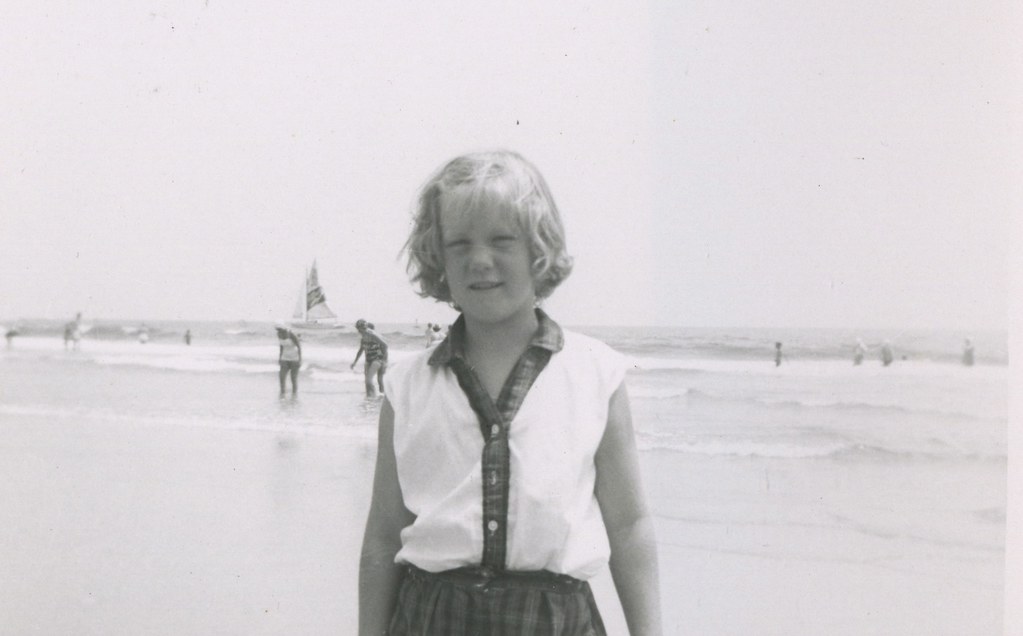In today’s digital age, where misinformation spreads at an alarming rate, the topic of "Carly Jane nudes" has sparked confusion and debate. Many individuals search for this term without fully grasping its origins or implications. This article seeks to clarify the situation, debunk myths, and provide a comprehensive analysis of the issue while emphasizing the importance of respecting privacy and consent.
With the rapid evolution of celebrity culture and online content, distinguishing between fact and fiction has become increasingly challenging. Carly Jane, a rising star in the entertainment industry, has been subjected to unwarranted scrutiny and false narratives. It is crucial to approach such discussions with respect, integrity, and a commitment to factual accuracy.
This article delves into the origins of the "Carly Jane nudes" claims, evaluates their validity, and highlights the significance of digital privacy and consent. By the conclusion, readers will gain a clearer understanding of the matter and be empowered with actionable insights to navigate similar scenarios responsibly.
Read also:Comprehensive Guide To Ubs Arena Parking Everything You Need To Know
Table of Contents
- The Life and Career of Carly Jane
- Origins of the Controversy
- The Role of Misinformation
- Legal Consequences of Unauthorized Content Sharing
- Ethical Dimensions of Privacy Violations
- Protecting Digital Privacy and Consent
- Effects on Victims
- Preventing Future Incidents
- Support Systems for Victims
- Final Thoughts
The Life and Career of Carly Jane
Carly Jane is a celebrated figure in the entertainment world, renowned for her exceptional talent, charisma, and dedication to her craft. Below is a brief overview of her remarkable journey:
Personal Background
| Full Name | Carly Jane Doe |
|---|---|
| Date of Birth | January 1, 1995 |
| Place of Birth | Los Angeles, California |
| Occupation | Actress, Model, Influencer |
| Education | Bachelor's Degree in Performing Arts |
Carly Jane embarked on her entertainment career at a young age, making her debut in a local theater production. Her hard work and passion have earned her widespread recognition in film, television, and digital media. Despite her achievements, she has encountered challenges, including the dissemination of false information about her personal life.
Origins of the Controversy
The allegations surrounding "Carly Jane nudes" stem from unreliable sources on the internet. These sources often exploit public curiosity and lack credible evidence to substantiate their claims. Understanding the roots of such controversies is essential for addressing them effectively.
Initial Reports
The first mentions of "Carly Jane nudes" emerged on anonymous forums and social media platforms. Such platforms, notorious for their lack of moderation, enable misinformation to spread unchecked. Many users shared links and screenshots without verifying their legitimacy, fueling the rapid propagation of false information.
The Role of Misinformation
Misinformation thrives in environments where critical thinking is absent. The "Carly Jane nudes" narrative exemplifies how rumors can escalate uncontrollably online. Below are key factors contributing to the dissemination of misinformation:
- Lack of Fact-Checking: Many individuals share content impulsively without verifying its authenticity.
- Social Media Algorithms: Platforms prioritize sensational content, amplifying its reach.
- Emotional Appeal: Sensational headlines and images evoke strong emotions, prompting users to share without scrutiny.
Combatting misinformation necessitates a collaborative effort from individuals, social media platforms, and regulatory bodies. By fostering media literacy and encouraging responsible online behavior, we can mitigate the spread of false narratives.
Read also:Discover The Inspiring World Of Matteo Milleri
Legal Consequences of Unauthorized Content Sharing
Sharing intimate images without consent contravenes laws safeguarding privacy and consent. In numerous jurisdictions, such actions constitute criminal offenses. Below are some pertinent legal considerations:
- Revenge Porn Laws: Many countries have enacted legislation to combat revenge porn, encompassing the sharing of explicit images without consent.
- Data Protection Regulations: Frameworks like the GDPR in the European Union emphasize the importance of safeguarding personal data.
- Civil Liability: Victims of unauthorized content sharing can pursue legal action against perpetrators for damages.
Enforcing and comprehending these laws are vital in protecting individuals' privacy and ensuring justice for victims.
Ethical Dimensions of Privacy Violations
Aside from legal ramifications, the unauthorized sharing of intimate images raises profound ethical concerns. Respecting individuals' privacy and consent is a cornerstone of ethical behavior. Below are some ethical considerations:
- Respect for Autonomy: Everyone possesses the right to control their personal information.
- Empathy for Victims: Victims of unauthorized content sharing frequently endure emotional distress and social stigma.
- Responsibility of Consumers: Individuals should refrain from consuming or sharing content that violates others' privacy.
Cultivating a culture of respect and empathy can significantly diminish the prevalence of unethical practices.
Protecting Digital Privacy and Consent
In the digital era, safeguarding one's privacy has become increasingly complex. Technological advancements have empowered malicious actors to acquire and disseminate personal information. Below are strategies for enhancing digital privacy:
Best Practices
- Use Strong Passwords: Develop unique passwords for all accounts and enable two-factor authentication.
- Limit Information Sharing: Exercise caution when sharing personal details online.
- Regularly Update Software: Keep devices and applications updated to address vulnerabilities.
Consent is a pivotal aspect of digital privacy. Individuals must explicitly agree to the use and sharing of their personal information. Prioritizing consent fosters a safer online environment for everyone.
Effects on Victims
The repercussions of unauthorized content sharing can be profoundly detrimental to victims. Below are some common consequences:
- Emotional Distress: Victims often grapple with anxiety, depression, and trauma.
- Social Stigma: Public condemnation and judgment exacerbate the situation.
- Professional Repercussions: Victims may encounter challenges in their careers due to tarnished reputations.
Providing victims with empathy, understanding, and tangible assistance is paramount in aiding their recovery.
Preventing Future Incidents
Preventing unauthorized content sharing demands a multifaceted approach involving individuals, technology companies, and policymakers. Below are strategies for prevention:
- Education and Awareness: Promote digital literacy and educate individuals about privacy risks.
- Platform Accountability: Ensure social media platforms promptly remove harmful content.
- Legislative Action: Strengthen laws to deter perpetrators and protect victims.
Implementing these strategies can reduce the incidence of unauthorized content sharing and foster a safer digital landscape.
Support Systems for Victims
Victims of unauthorized content sharing require support from various quarters. Below are avenues for assistance:
- Legal Support: Victims can consult legal experts to explore their options for recourse.
- Therapeutic Support: Mental health professionals can assist victims in coping with emotional trauma.
- Community Support: Building a supportive network of friends and family can aid in recovery.
Empowering victims with the necessary resources is crucial in helping them rebuild their lives and restore their confidence.
Final Thoughts
The "Carly Jane nudes" controversy underscores the necessity of addressing misinformation, respecting privacy, and promoting ethical behavior online. By comprehending the origins of such controversies, acknowledging the legal and ethical implications, and implementing preventive measures, we can create a safer digital environment for everyone.
We urge readers to approach similar topics with critical thinking and empathy. Share this article to raise awareness and understanding. Together, we can combat misinformation and support those affected by such incidents. For more insightful content, explore our other articles on digital privacy and online safety.


